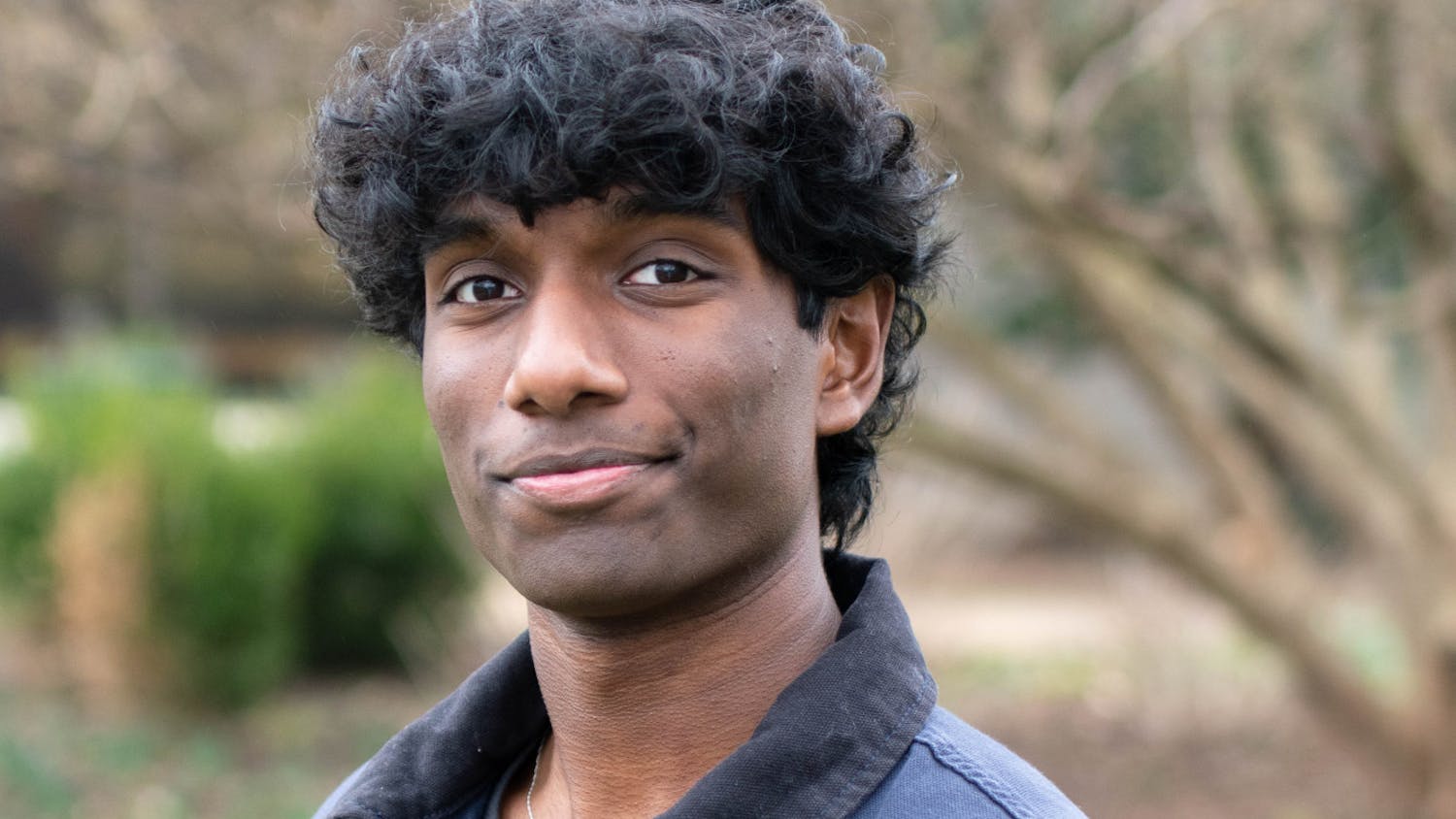Trigger warning: Gun violence
First, let me be clear. I do not speak for anyone but myself. Every person who experiences trauma copes differently and reacts differently. I cannot speak for anyone but myself, and the only story I can tell is mine.
On December 14th, 2012, I woke up early to study for a final. Not long after I woke up, I got a call from my mother. I answered, and she started crying and screaming. She had seen dozens of state trooper cars speed down the road while she was at the local gas station. They had asked where Sandy Hook Elementary was. She said something bad had happened, she had heard there were shots fired. I told her to calm down, that it was probably just some weird misunderstanding. After all, nothing bad ever happens in Newtown. I shrugged it off and hung up the phone.
As the day continued, the horrific events of what transpired that morning began to unfold to the public. I tried to go about my normal life, studying and preparing to go home for winter break, but I couldn’t pull myself away from the news. As I sat in the Starbucks on New Mexico Ave watching President Obama address the events with tears in his eyes, I felt something deep within me shift. That was the moment I knew things would never be the same.
But I don’t think I knew the extent that that day would impact my life. After all, everyone I loved was safe. While we saw the lines of hearses and built memorials, at the end of the day my family all slept safe in bed. Everyone in town was changed deeply, but we left the deep grieving to the families who lost children and parents. But once I returned back to American in January, I realized that I was changed more than I knew. Class after class, I slowly learned that the simple task of introducing myself, which often involves stating your hometown on the first day of class, was not the same as it used to be. I was greeted with awkward stares and silence. Sometimes, I was even bombarded with personal questions I didn’t know how to answer. One moment I’ll never forget is being in the middle of sorority recruitment and having a member ask me if I knew any of the victims. How was I supposed to answer that question and keep the happy, smiley appearance of all the girls around me? Eventually, I began to lie about my hometown, or just answer more vaguely.
Before that January, I had never heard much about trigger warnings. I’ve always been someone with a low tolerance for violence in movies or television, but it never caused too much discomfort, certainly not to the point of interrupting my life. But suddenly, I found that the mere mention of Newtown, mass shootings or gun violence were enough to cause anxiety attacks and tears. I was constantly taken back to that day, to the feelings of worrying about my brother and father in lockdown a mere feet away in Newtown High School. I found myself leaving class more and more often after being triggered, unable to focus and learn at my normal level. And while everyone told me it would get better as time went on, I still struggle to this day.
In fact, last semester was when I found myself most affected. I was enrolled in a class that often discussed gun violence, taught by a professor who didn’t seem to understand the sensitivity of the topic. In fact, he often made jokes regarding gun violence, and even alluded to shooting a student. I did end up speaking to someone about this professor, but nothing was done. The classroom environment did not change. It became clear to me that AU did not value my safety, security or mental health. And so, I found myself in an environment where I felt unsafe and unwelcome, and unable to learn as I was constantly on edge, worrying about what he would say next. My participation grade in the class suffered greatly, as the professor created an environment where I felt unsafe to even speak. There were no warnings, written or verbal, of when these kinds of topics would come up, in both readings or in class. It created a sense of fear in me, one that easily could have been avoided with the proper advanced notice or discussion.
And that’s really what trigger warnings come down to. They are quiet notices on paper that need to be read, even if you don’t need them. But for those who struggle, it’s the most important words you can imagine. The words that prevent a mid-class bathroom breakdown, words that help you stay in class and learn, and therefore words that help you succeed in school and graduate. I don’t want to not talk about gun violence or Newtown, those who are close to me know that I talk about it often. The issue is when I’m surprised or caught off guard by the topic and cannot control my emotions, therefore forcing me into a panic attack that affects my learning. I’m not trying to silence anyone or stifle discussion, I’m just trying to function and learn without constantly being triggered and having panic attacks.
The American University Faculty Senate has made it clear through its fall condemnation of trigger warnings that they don’t value me as a student or my right to learn here at American University. When I saw this happen, I waited and waited for anyone, a faculty member or Student Government, to take a stand and fight this. But no one did, not consistently. And now I’m graduating, and moving on. And while the real world may not have trigger warnings, it’s also not a classroom setting. The real world isn’t grading me.
Mary Hamula is a graduating senior in the School of Communication, and the outgoing Editor-in-Chief of American Word Magazine.
edpage@theeagleonline.com




